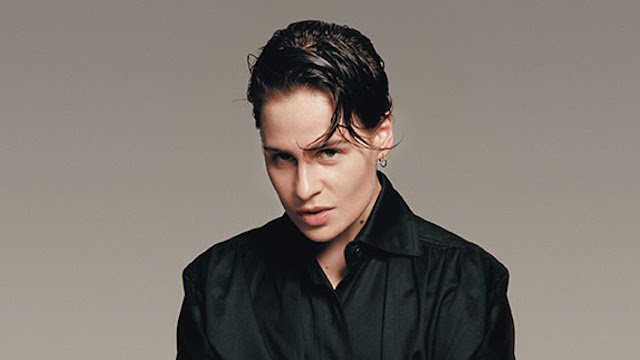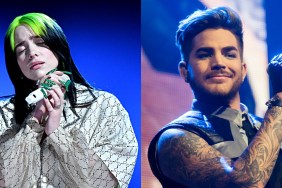There’s something inherently explosive about everything Christine & The Queens does. She is one of those artists that radiates vividly with each note she sings, each move she hits. And now, for the first time, she has just finished treating Australia to her exhilarating and euphoric live performance.
Music Feeds caught up with the French superstar, where she told us about how beautiful…











